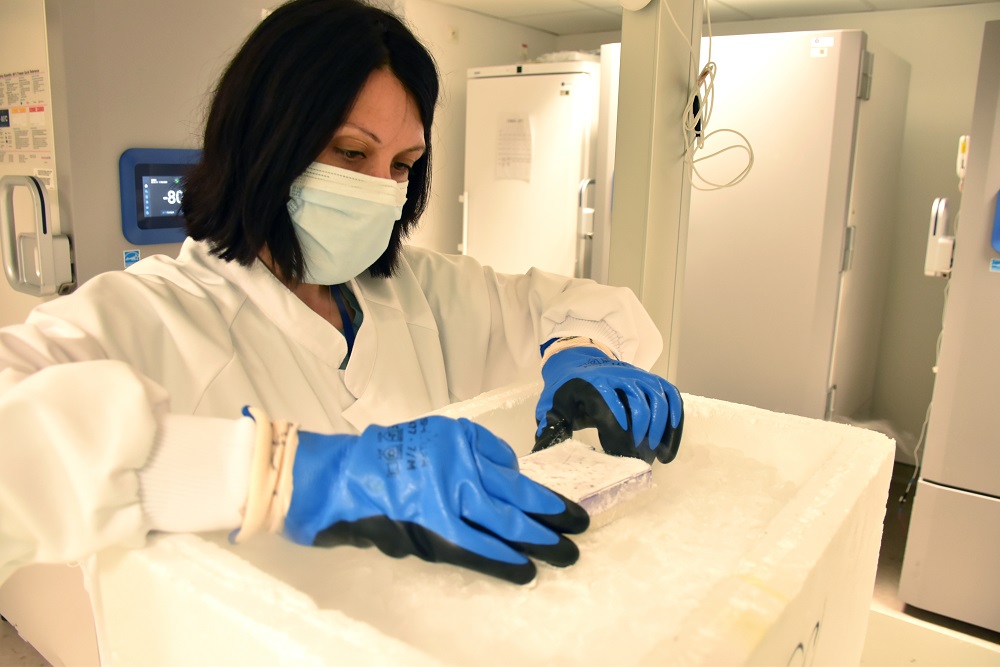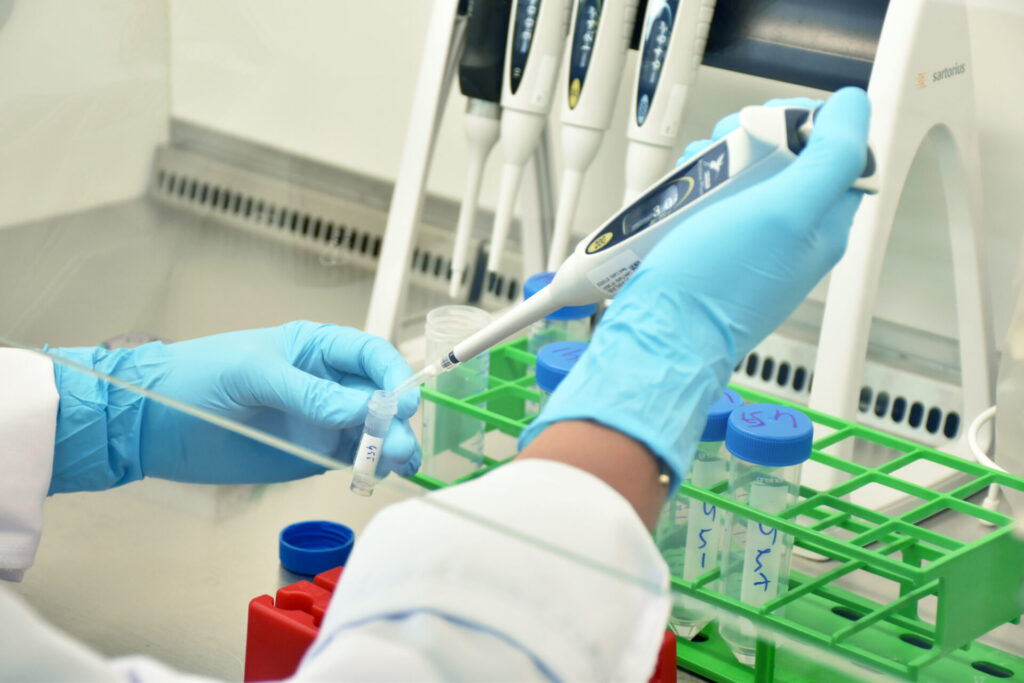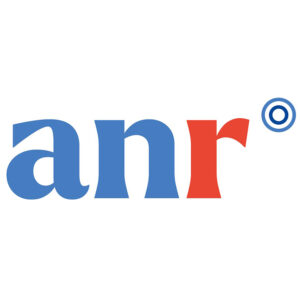One of the pillars of the partnership with the ICAN IHU is the structuring of ambitious cardiometabolism cohorts designed not only for their scientific relevance, but also with the aim of building a foundation for the partnership, giving our partners a competitive edge.
These cohorts are designed to anticipate translational research, the development of IT solutions (including AI) to aid diagnosis, and to be reusable (samples and data) within the framework of subsequent partnerships.
The ICAN IHU is developing a range of qualified, annotated data with high added value, making our research teams more attractive internationally. The combined access to ICAN’s large cohorts and technological platforms provides a breeding ground for companies wishing to establish proof of concept for their solutions.


What is a cohort?
A cohort is a group of subjects who share a certain number of characteristics (medical, biological, etc.) and are monitored over time (a few months or years) in order to carry out a scientific study. These cohorts are then used by investigators as a reference for their various studies.
To be of value, these cohorts must meet strict criteria in terms of regulatory compliance and data quality.
The word “cohort” can be defined in 3 different ways:
- A cohort study : this consists of following a defined population over a given period of time and collecting a wide range of information and events that occur during this follow-up period (illnesses, changes in habits, etc.),
- A patient register: this is a register for the continuous and exhaustive collection of health data from a geographically defined population for research and public health purposes,
- A biological collection: this is a collection of different biological samples taken from a group of people identified and selected on the basis of their clinical and biological characteristics.
Our cardiometabolism cohorts
There is a great deal of research into cardiometabolism in France, but it is sometimes scattered. the cohort plan is one of the ICAN IHU’s strategic actions.
Its aim is to develop :
- Translational and interdisciplinary research,
- as well as academic and industrial partnerships.
Cohorts are therefore a major pillar of the research carried out by ICAN’s doctors and researchers. a call for expressions of interest was issued in 2017 to initiate in-depth work on cohorts. Many clinicians responded to this call, and around fifty projects were identified, opening up the possibility of exploiting clinical data from several tens of thousands of patients.

A 3-stage strategy for our cardiometabolism cohorts
1 – Gathering requirements and designing the database
- Validation of the needs expressed by the investigators at an IHU COMEX meeting,
- Creation of the “data dictionary” for the final database, based on the various files supplied by the investigators,
- Creation of the e-CRF with standardised variable names wherever possible.
2 – Data management of existing data
- Mapping and cleaning data from existing databases, identifying errors to be corrected and proposing corrections in conjunction with the clinicians,
- Creation and formatting of files to be imported (variable naming, variable coding, repeatable variables, etc.).
3 – Production launch
- Import of the empty database carried out under the responsibility of ICAN,
- REDCapsettings (study design / repeatable),
- Import of data into the AP-HP database in production.
Our personal data processing policy

As cohorts involve personal data, regulatory support has been put in place whenever necessary. Procedures governing the processing of personal data for the purposes of study, evaluation or research not involving the human person have enabled a legal framework to be put in place, and a common framework has been created with the AP-HP in order to facilitate and speed up filings with the Sorbonne University research ethics committee.
The support provided by the IHU ICAN mainly concerned staff time dedicated to this plan:
- 2 data managers,
- 1 third-party project manager,
- Support from the Legal and Development Department,
- And the investment of the URC project manager dedicated to ICAN.
The methodological support and scientific expertise from which the IHU has benefited over the last 3 years has strengthened the links between ICAN and the research ecosystem. today, ICAN is an expert in the problems of implementing theAP-HP ‘s REDCap, and is one of the recognised contacts.








